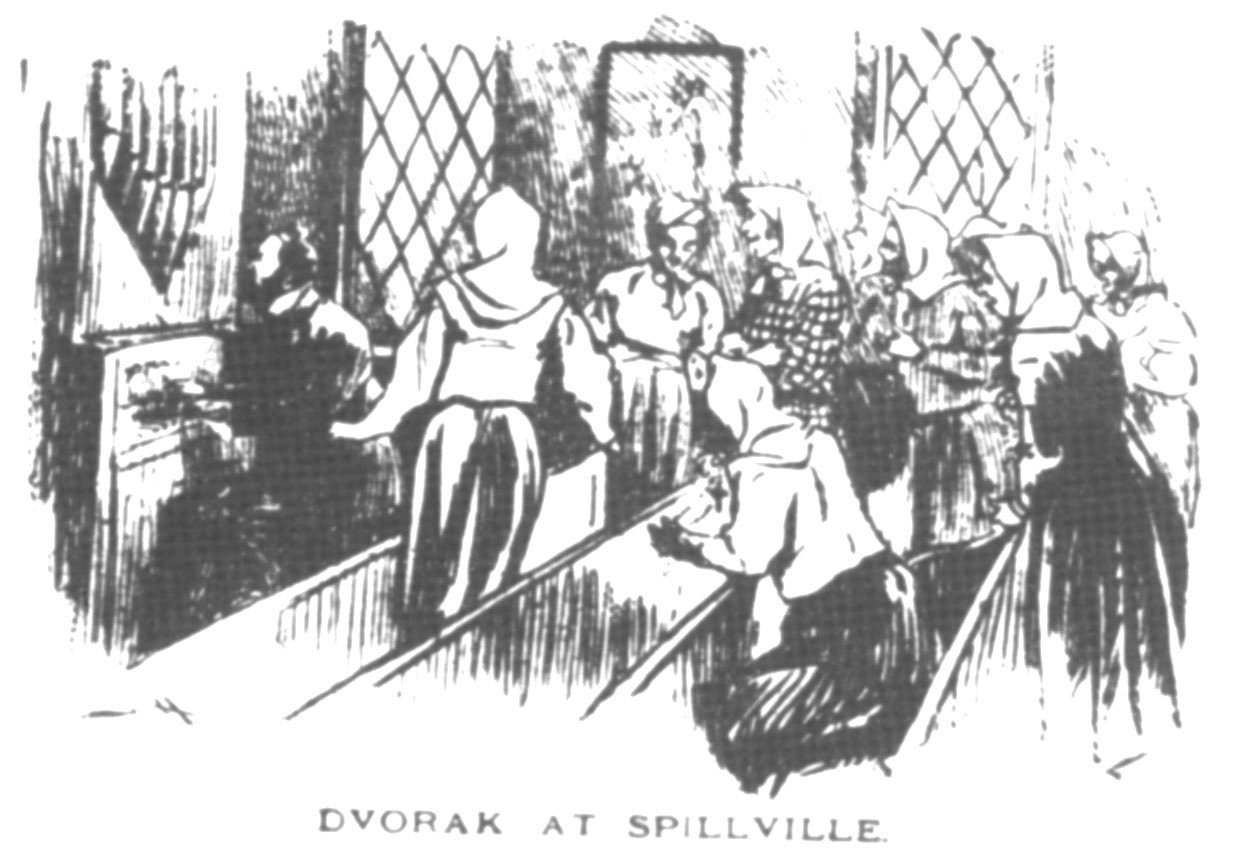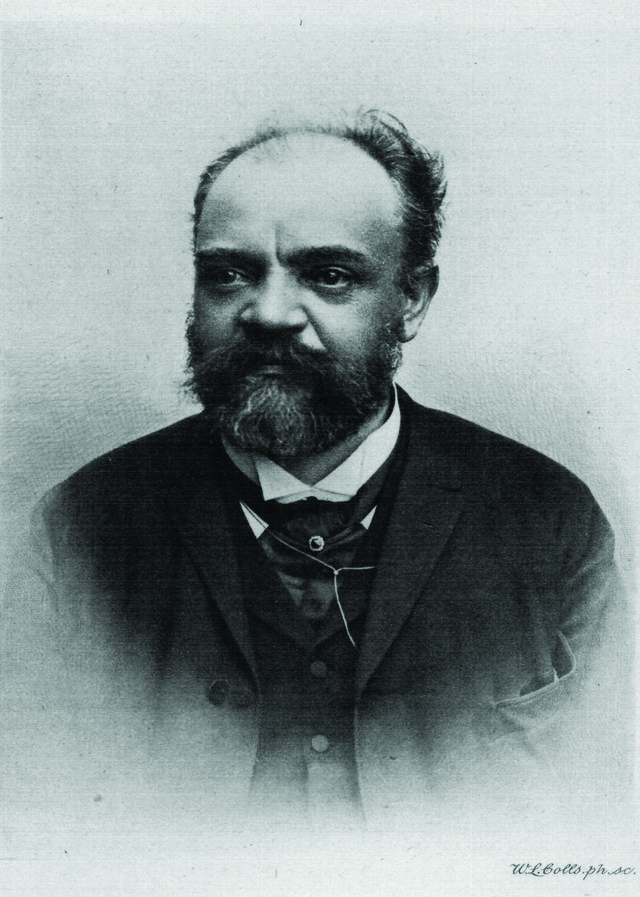STRING QUARTET NO. 12, IN F MAJOR, OP. 96, B. 179 (AMERICAN)
Antonín Dvorák
(b. Nelahozeves, Bohemia, September 8, 1841; d. Prague, May 1, 1904);
arr. by A Far Cry for string orchestra
Composed 1893; 27 minute
 “Why did not Dvorák come to us earlier if he can write such music here in America?” asked the critic of the New York Daily Herald after the première of Dvorák’s new F major String Quartet. The work soon acquired the nickname, American, and began to be requested by concert promoters everywhere. Boston’s Kneisel Quartet, who gave the première in Boston on New Year’s Day, 1894, repeated the performance 12 days later at Carnegie Hall. Within one year they had given 50 performances. The American had already become the most popular of Dvorák’s 14 quartets.
“Why did not Dvorák come to us earlier if he can write such music here in America?” asked the critic of the New York Daily Herald after the première of Dvorák’s new F major String Quartet. The work soon acquired the nickname, American, and began to be requested by concert promoters everywhere. Boston’s Kneisel Quartet, who gave the première in Boston on New Year’s Day, 1894, repeated the performance 12 days later at Carnegie Hall. Within one year they had given 50 performances. The American had already become the most popular of Dvorák’s 14 quartets.
 Dvorák wrote the piece in Spillville, a rural community of Czech immigrants in Iowa, the hometown of the violin student Josef Jan Kovarík whom Dvorák had employed as his secretary. Dvorák, his wife, six children, sister, maid and Kovarík arrived in Spillville on June 5, 1893. What he found was a small settlement of 380 Czechs (the population has risen to 385 in the 2020 census!). These settlers maintained the cultural traditions of the old country and communicated with one another in their native language. Dvorák was happier here than at any other time in his three-year stay in the States as Director of the National Conservatory in New York. Within three days he was hard at work on the new string quartet. His early morning walks through the woods by the Little Turkey River brought the sounds of birdsong – something he had missed in New York. He even incorporated the song of a small red bird with scarlet wings (a scarlet tanager) into the third movement of the new quartet.
Dvorák wrote the piece in Spillville, a rural community of Czech immigrants in Iowa, the hometown of the violin student Josef Jan Kovarík whom Dvorák had employed as his secretary. Dvorák, his wife, six children, sister, maid and Kovarík arrived in Spillville on June 5, 1893. What he found was a small settlement of 380 Czechs (the population has risen to 385 in the 2020 census!). These settlers maintained the cultural traditions of the old country and communicated with one another in their native language. Dvorák was happier here than at any other time in his three-year stay in the States as Director of the National Conservatory in New York. Within three days he was hard at work on the new string quartet. His early morning walks through the woods by the Little Turkey River brought the sounds of birdsong – something he had missed in New York. He even incorporated the song of a small red bird with scarlet wings (a scarlet tanager) into the third movement of the new quartet.
Dvorák sketched the quartet in just three days and wrote it out fully in another 12. Always a quick worker when inspiration was running high, Dvorák began work on a string quintet three days later and completed the work by the beginning of August. It, too, is sometimes referred to as the American. “The influence of America must be felt by everyone who has any ‘nose’ at all,” Dvorák wrote during his summer in Spillville. In the opening movement of the quartet, listeners hear everything from the melancholy grandeur of the broad plains to the poignancy of plantation songs. The slow movement may combine the intensity of Dvorák’s homesickness with the deep emotion of the spirituals he heard sung by his New York student Henry Burleigh. In the quiet, chorale-like theme in the finale, there are said to be echoes of the little organ that Dvorák used to play in the Spillville church. Above all, though, it’s the contentedness and happiness of being in the countryside among friends that seems to be reflected in the music of the ‘American’ quartet.
— Dvorák program note copyright © 2023 Keith Horner. Comments welcomed: khnotes@sympatico.ca